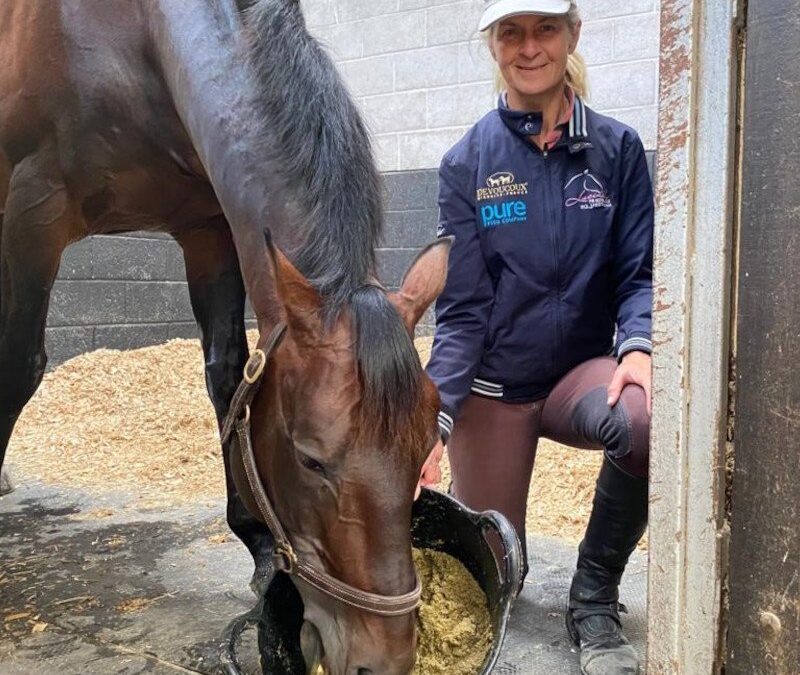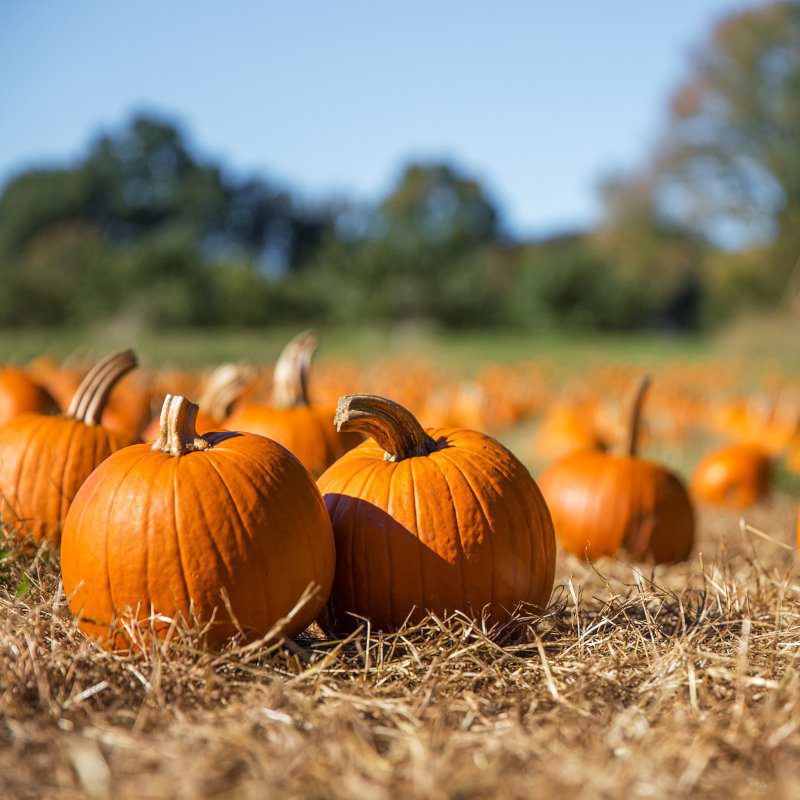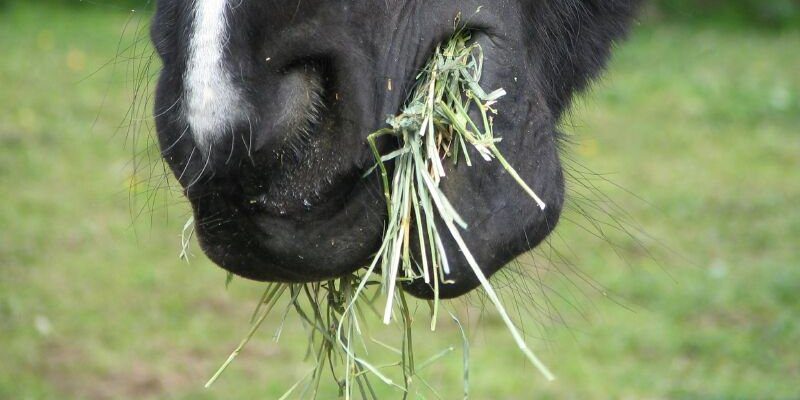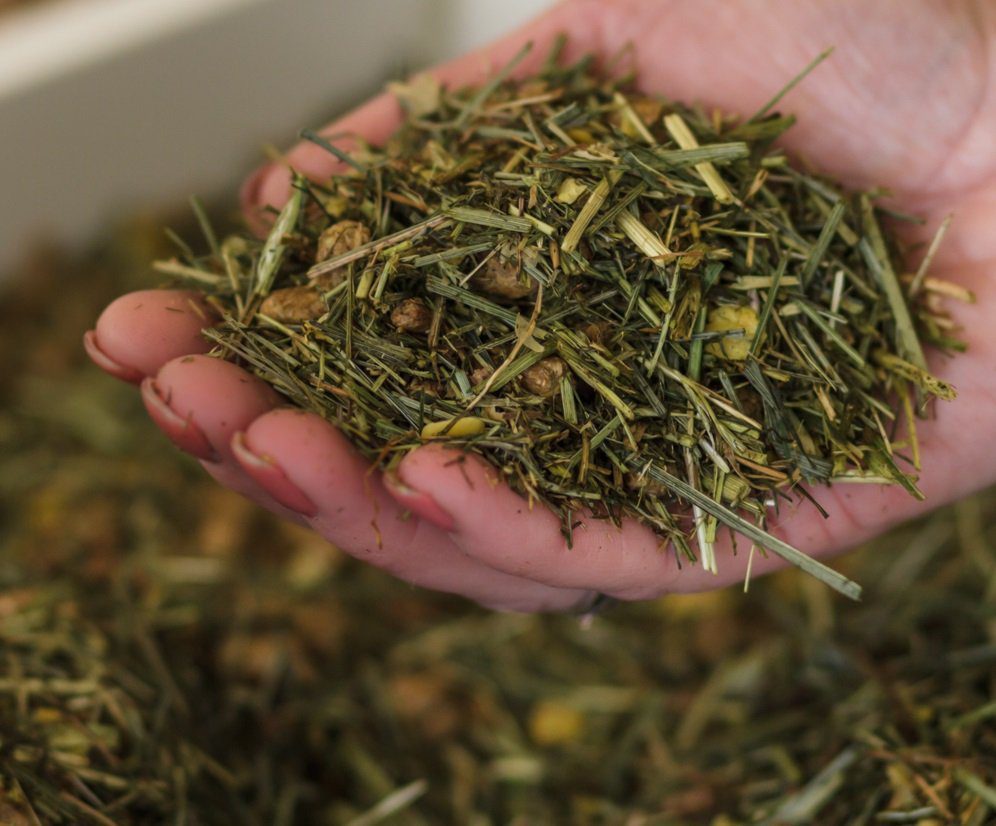Why would you soak horse feeds?
Historically, soaked horse feeds like warm bran mashes were fed after a hard day’s work to hydrate and warm the horse. However, with further scientific knowledge this practice has become outdated. We now understand that using a different feed once a week or fortnight can cause digestive upset and the role that fibre fermentation plays in generating body heat.
With what we know now about the importance of supporting a healthy hindgut, mashes like our Pure Meadow Mash have been formulated to aid hydration without putting additional strain on the microbes in the gut.
Seasonal hydration
How your horse prefers to hydrate can change through the seasons, depending on their personal preferences and how much work they are in. Keep an eye on your horse’s water intake and be aware of signs of dehydration.
Some signs of dehydration in your horse can include:

- Dark urine
- Red mucous membranes
- Skin tenting
- Lethargy
- Elevated heart rate
- Loss of appetite
- Excessive sweating or no sweating at all
Hydrating your horse year-round
Fibre mashes can be used year-round to increase the horse’s water intake. Some competition horses are reluctant to drink water whilst traveling or during stay away shows due to stress or a change in their water source. A small amount of a mash feed can be added to a bucket of water to tempt the horse to drink. It is always important to provide plain, fresh water in a separate bucket to offer the horse a choice.
Horses in work
It is a myth that horses cannot be given water in the first hour after exercise. A sloppy mash of Pure Meadow Mash can be fed immediately after exercise and this is when the horse will have the greatest thirst for water. Pure Meadow Mash is especially useful for competition horses that have a history of tying up to encourage them to drink whilst keeping the sugar and starch level of their diet low.
Keeping your horse hydrated in cold weather
During the winter months when the growth rate of grass slows, many horses move onto hay or haylage as their main source of fibre. Hay and haylage have a much lower water content compared to fresh grass and this, combined with the fact that horses can drink around 10% less water in cold weather, can lead to an overall decrease in the water intake of the horse.
Dehydration is often overlooked in winter months but it can cause serious health issues such as impaction colic and affect performance. To counteract this drinking water can be warmed to 15-20°C, hay can be soaked and mashes can be used.

Soaked horse feeds like hay replacers or fibre mashes provide both a high water and fibre content which help to rehydrate the horse and generate heat to keep the horse warm through fermentation of the fibre in the hindgut.
Soaked horse feeds – what to look for
If you’re wanting a mash for your horse, look for a high-fibre, low sugar and starch hay replacer like Pure Meadow Mash. The micro-pellets hold up to two times their volume in water so support hydration and provide a great alternative when grazing hours are limited. It also has 7 natural herbs to tempt fussy eaters and encourage horses to drink if the pellets are soaked down to a very sloppy mash. You can soak it with warm water but avoid using boiling water as the probiotics in the feed will be denatured.






